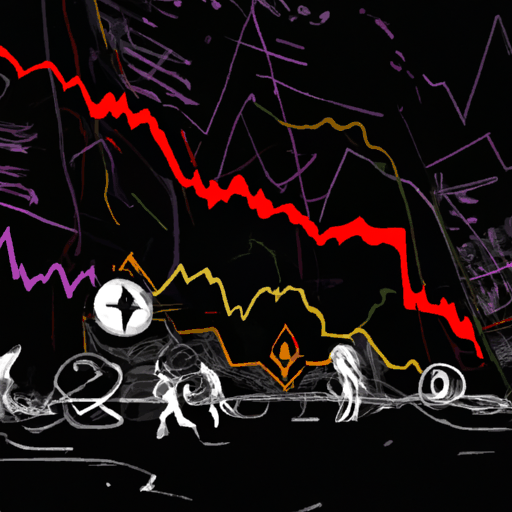
Cryptocurrency Market Experiences Major Liquidations Amidst Downturn
By: Eva Baxter
The cryptocurrency market is undergoing significant turbulence as several major digital assets, including Bitcoin, Dogecoin, and Ethereum, have experienced sharp declines in their valuations. These price dips have led to a staggering $800 million in cryptocurrency liquidations, predominantly affecting those with long positions, according to market analytics.
This downturn coincides with a contentious episode involving Chainlink. The decentralized oracle network is at the center of a heated debate following a malfunction in one of its price feeds that resulted in over $500,000 in liquidations. The incident has reignited concerns about the reliability of oracles within decentralized finance (DeFi) ecosystems, highlighting potential vulnerabilities in these critical infrastructure components.
Euler Finance, a lending platform based on the Avalanche blockchain, was one of the most severely impacted protocols. The misreporting of the deUSD stablecoin's price by Chainlink's oracle caused a chain reaction of forced liquidations for users with deUSD-backed debt. This stablecoin, featuring real-world asset backing and high-yield prospects, saw rapid value shifts, stripping investors of their leveraged positions.
The industry is divided on the culpability of Chainlink in the failure. Critics, like Chaos Labs' Omer Goldberg, have argued that Chainlink's delay in updating price feeds exposed platforms to exploitative behaviors. However, Chainlink's community liaison, Zack Rynes, defended the network, stating that it accurately reflected market conditions and emphasized that protocols themselves should implement adequate checks.
Amidst these events, vocal figures such as Marc Zeller from the Aave Chan Initiative have underscored the need for protocols to exercise caution when treating volatile assets as mature collateral. They caution against understating risk in the name of innovation, warning that doing so could expose users to unnecessary dangers.



